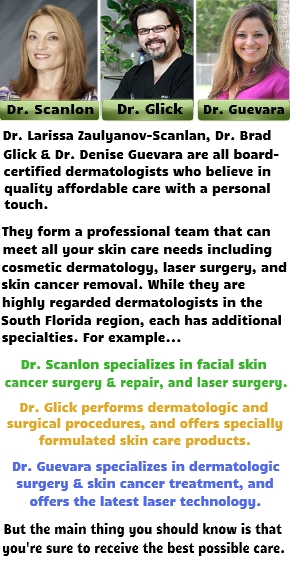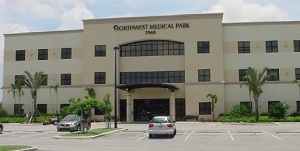 Eczema and psoriasis are common, non-contagious skin conditions characterized by inflammation of the skin and both can be managed with proper treatment. Eczema ( medically known known as atopic dermatitis) is a chronic skin condition whose main symptoms are dry, red, extremely itchy and sometimes cracked skin, crusty sores and pimple-like eruptions that may ooze.
Eczema and psoriasis are common, non-contagious skin conditions characterized by inflammation of the skin and both can be managed with proper treatment. Eczema ( medically known known as atopic dermatitis) is a chronic skin condition whose main symptoms are dry, red, extremely itchy and sometimes cracked skin, crusty sores and pimple-like eruptions that may ooze.
While eczema typically begins to develop during childhood, 90% of the cases occur before the age of 5, psoriasis commonly appears between ages 15 and 35 and causes pink-red, dry, thick and raised skin with flaky, silver-white patches known as ”scales” that continuously shed. Psoriasis is regarded as an autoimmune condition and it is genetically linked. Although a life-long condition, psoriasis can be controlled with the right treatment prescribed by a specialist in dermatology.
The main differences between these chronic, inflammatory skin conditions is the fact that psoriasis is never moist, which is why health care professionals recommend keeping the skin moist and clean with daily showers or baths and avoiding scrubbing too hard, in order to prevent irritating the skin even more and thus triggering a flare-up.
Furthermore, while psoriasis favors tougher skin areas, mostly on the elbows and knees, eczema typically appears on more sensitive areas such as the inside surfaces of the elbows and the back of the knees. People suffering from psoriasis may also develop arthritis.
3 Treatment Options For Psoriasis
1. Topical Treatments
These medications include skin creams, lotions, shampoos and ointments which are applied topically on the affected areas, on the skin or the scalp. The most common prescription medications are creams or ointments based on coal tar, cortisone, vitamins A and D, lactic acid or salicylic acid, while common over-the-counter medications include moisturizers and dandruff shampoos.
2. Systemic Treatments
Dermatologists typically recommend systemic drugs including cyclosporine, methotrexate or acitretin for the purpose of suppressing the immune system when the condition becomes severe. Newer medications known as biologics are prescribed when the other treatments are ineffective. Biologics approved by the medical community for the treatment of psoriasis include Stelara, Alefacept, Infliximab and Etanercept.
3. Phototherapy
This medical treatment consists in exposing the skin areas affected by psoriasis to ultraviolet light, either ultraviolet A ( UVA) or ultraviolet B (UVB).
3 Treatment Options For Eczema
1. Topical medications
The dermatologist may recommend skin creams or ointments based on tar compounds, corticosteroids and ingredients that soothe or soften the skin. Topical immunomodulators such as pimecrolimus ( brand name Elidel) and tacrolimus ( brand name Protoptic) are newer, steroid-free medications that are applied on the skin in order to reduce inflammation.
2. Systemic medications
These may include prescription antihistamines to prevent scratching during the night, oral corticosteroids such as prednisone in severe cases and oral antibiotics if signs of secondary infection occur.
3. Light therapy and Photochemotherapy
Treatment with UV light is typically recommended for mild to moderate cases of atopic dermatitis in children over the age of 12. When light therapy is combined with a medication known as psoralen, it is referred to as photochemotherapy.
Alternative treatment options for eczema include dietary supplements as well as herbal and homeopathic remedies.
If you’re suffering from eczema or psoriasis, we can help to keep it under control. Feel free to call our office at 954-906-9099 to schedule an appointment.


